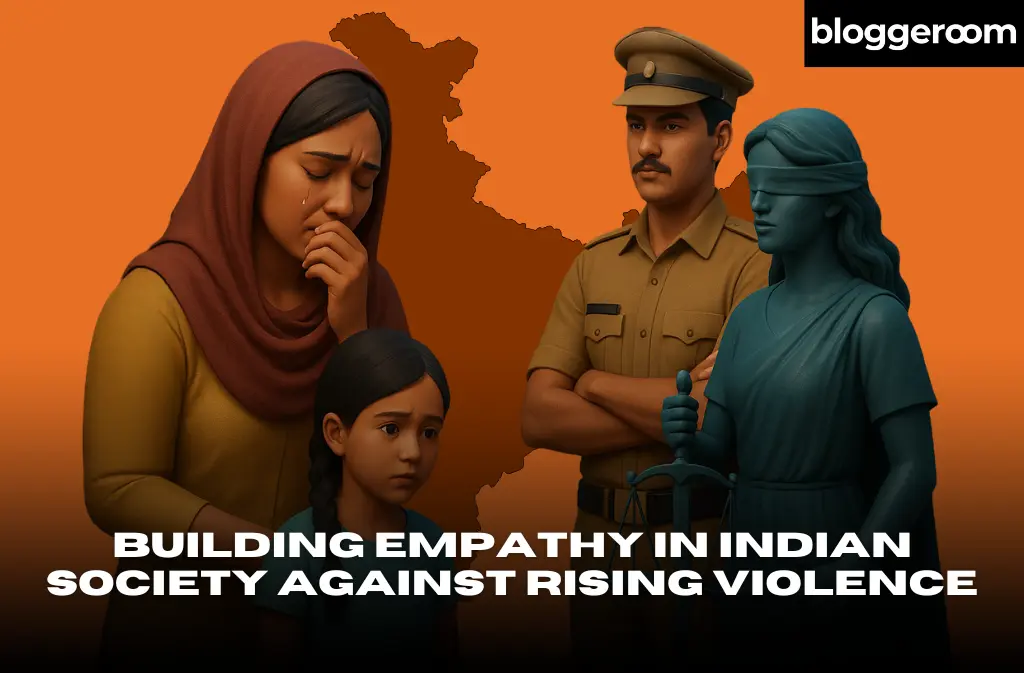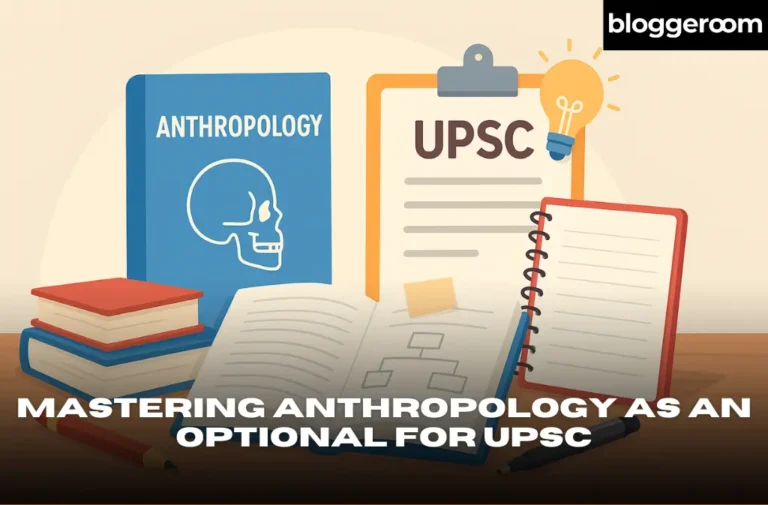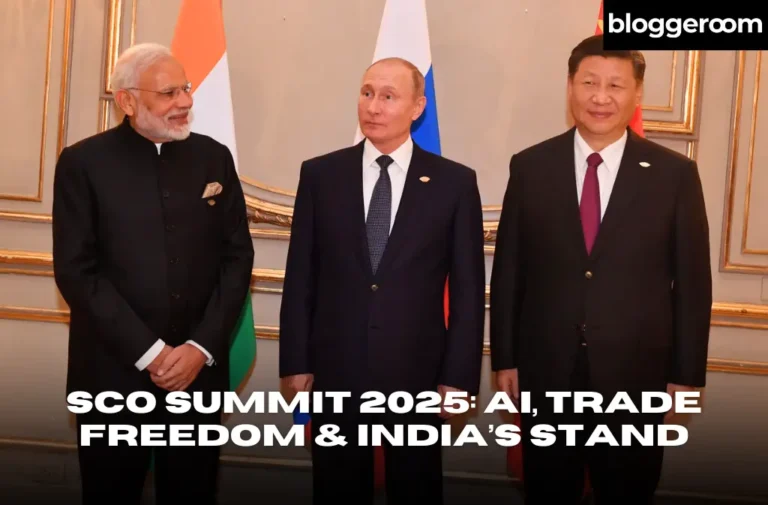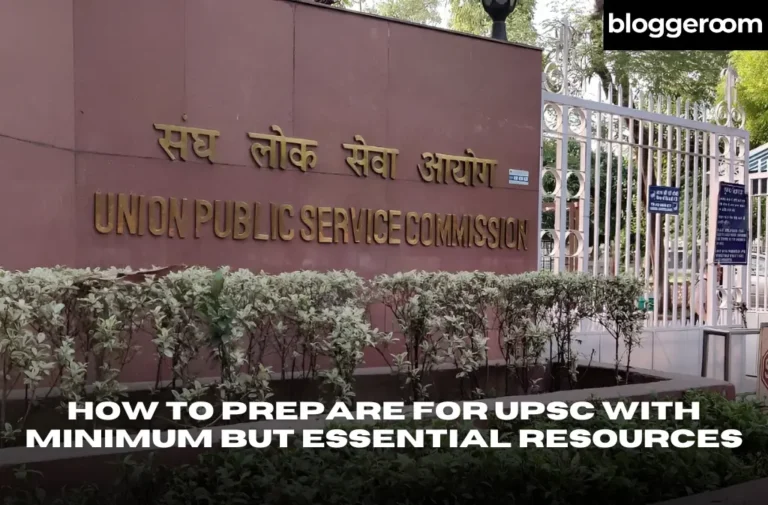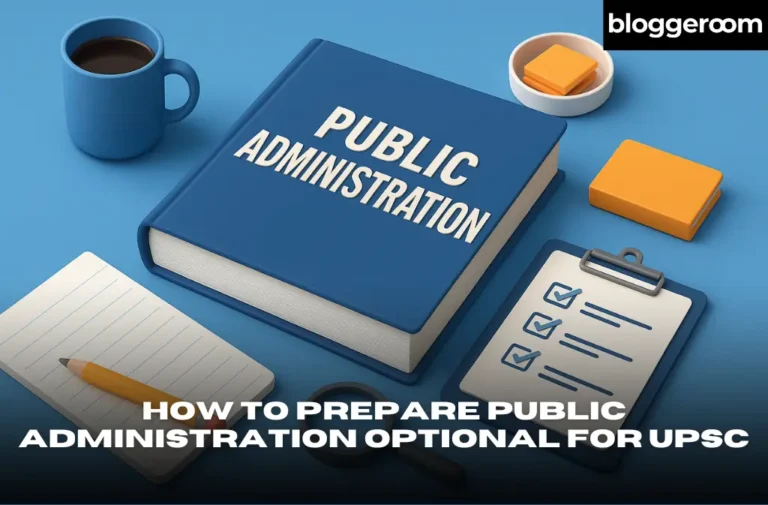Building Empathy in Indian Society Against Rising Violence
Every day in India, we wake up to stories that shake us deeply. An innocent woman is assaulted, a child loses life to senseless violence, or a passerby is robbed and killed on the street. These events are not isolated accidents. They reveal something troubling about our social fabric. While conversations about growth, technology, and modern living dominate the headlines, we cannot ignore the rising anger, intolerance, and loss of human values around us.
The Roots of Growing Aggression
The seeds of anger and rivalry are being sown in childhood. Children are exposed to unhealthy competition, pressure, and digital influences that leave little space for kindness. Families are becoming fragmented, and stress levels are climbing. Without strong foundations of respect, empathy, and patience, conflicts that should be small often escalate into dangerous confrontations. A society that forgets compassion cannot build lasting peace.
Declining Trust in Justice
Justice is meant to protect everyone, yet in India the reality often feels different. Powerful offenders manage to walk free when evidence weakens or witnesses turn away, while ordinary citizens can spend years in jail for minor mistakes. With more than 50 million cases pending and only 15 to 21 judges per million people, the system is stretched far beyond its capacity. Nearly 77 percent of prisoners are still awaiting trial, and overcrowding in jails has crossed 130 percent.
The situation in policing adds to the problem. Many officers believe that fear is necessary to maintain order, and some even justify mob action in extreme cases. A lack of representation from marginalized groups further distances citizens from the very force meant to protect them. Together, these issues weaken trust in institutions and deepen the gap between people and justice.
Lessons from Small Initiatives
True progress lies in simple but meaningful actions. In Vadodara, open dialogue and moral awareness in a school prevented violence for years, proving empathy can be stronger than punishment. For India to move forward, justice must be faster, victims better supported, and moral values restored in families and institutions. Only then can the nation grow into a place where every citizen feels safe and respected.
Conclusion
The violence reported daily is not just news. It is a reflection of who we are as a society. Real safety does not come only from strict laws or heavy policing. It comes from rebuilding empathy and justice at the foundation of social life. If India can revive these values, it can achieve both prosperity and moral strength, creating a future where every citizen feels safe, respected, and protected.

